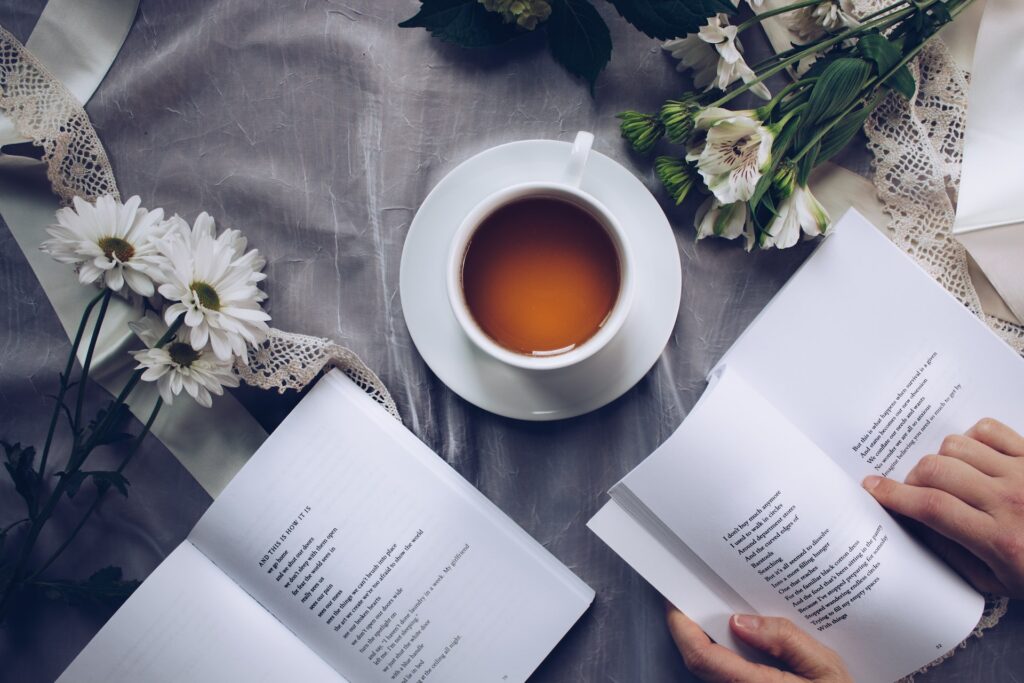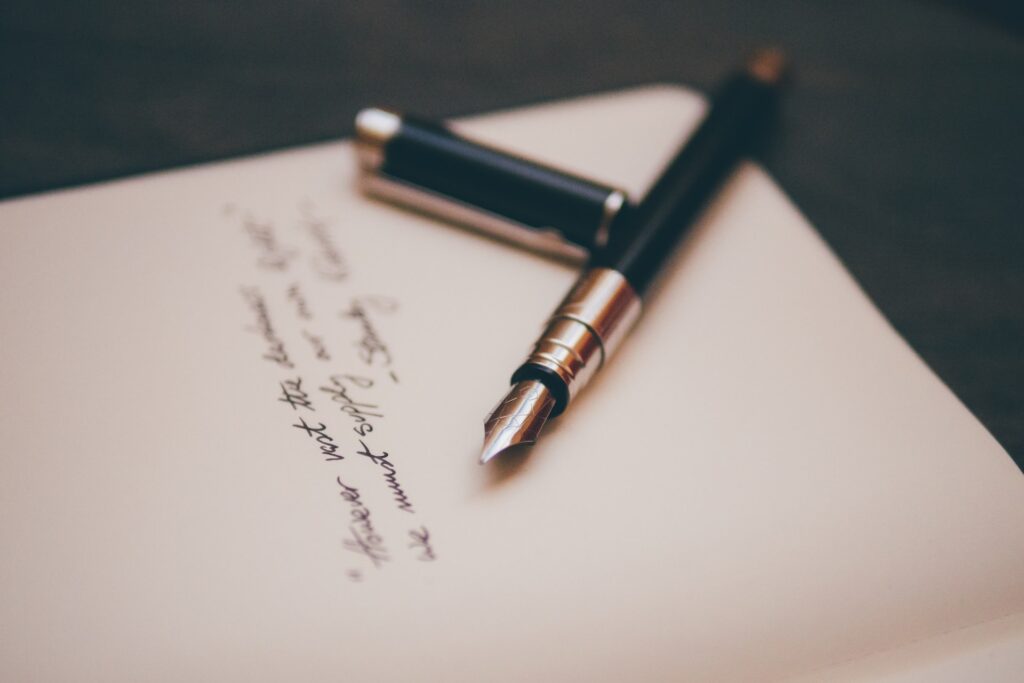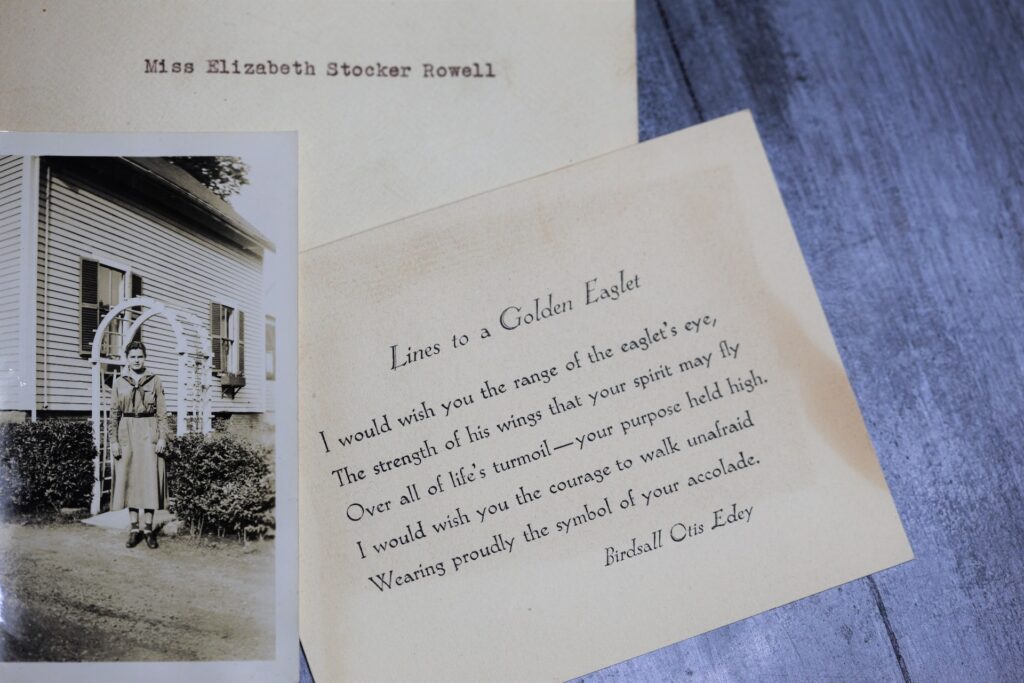
Have you always wished you could create poetry but had no idea where to start? It might be intimidating to try anything new. There are also no guidelines. The lovely thing about poetry is that it’s all about you—your thoughts, feelings, and perspective on the world.
However, there are many things you may want to study first to gain a deeper grasp of the most beautiful form of written communication. Today, we’ll go through the definition of poetry, the essential components of a poem, where to go for inspiration, and how to edit your poetry.
The Crucial Elements of a Poem
A poem is made up of many different elements. Different poets may have a trademark style centered around the poetic aspect they are most adept at and focus on while writing. Each of them also has a unique value. You have to learn more about the structure of poems before you learn how to write a poem.
A Unique Voice
Undoubtedly, the voice of a poem is among its most crucial elements. It conveys a lot of the tone and emotion the reader needs to relate to the poetry. In poetry, the speaker is frequently vague, which helps the reader identify more with them.
The poetic I, which commonly uses the word “I” to frame the speaker’s sentiments and feelings, is a well-liked and powerful technique to use voice. When a poem is read aloud, it also changes the tenor of the poem since the voice of a poem contains particular emotions that influence how we vocalize.
A Well-Thought-Out Form
A poem’s structure and rhyme system are frequently heavily influenced by its form. It is another crucial element since it establishes the structure of a poem. The poem’s form comprises its style (villanelle, haiku, or free verse), overall length, line breaks, frequency of stanzas, and stanza span.
Some poets prefer to begin writing with a very specific notion of the form they want their poem to take, while others prefer to begin writing and see what emerges. Still, many poems add form aspects after they edit.

A Melodious Rhythm and Rhyme
Poetry is widely different from other types of writing in several ways, among which is rhythm. Almost all writing contains a rhythmic aspect. However, it serves as the nucleus from which voice, shape, meaning, etc., emerge. Additionally, it affects how they are communicated.
Long poems with long lines tend to be more flowing than short ones with short stanzas and lines that frequently have an immediacy to them and are also related to structure. Alliteration and syllable frequency, among other factors, can change the tempo of rhythm.
Contrary to common perception, rhyming is not a necessity for a poem. Rhyme often affects how a poem is interpreted and contributes to the development of its overall meaning, whether a poem uses full rhyme, half rhyme, or no rhyme at all. The rhyme pattern might be constant throughout the poem or completely erratic. A rhyming couplet is added at the end of the poem to serve as its distinctive thesis statement.
Because it is widely employed in sonnets, iambic pentameter is a rhyme scheme with a form-related association. Additionally, it uses a meter to emphasize points and produce powerful sounds. Because they don’t visibly seem to rhyme, homophones, assonance, and consonance can also produce more nuanced rhymes.
How Can You Pen Down a Beautiful Poem?
Poetry writing is distinct in that there is no predetermined place to begin. Would you like to begin with the final stanza? Cool. Do you wish to create poetry with a catchy title? Great! Do you want to engage in a freewriting exercise that results in a lengthy, winding poem? Try it out.
Editing is always an option. In the end, you are free to begin composing a poem anywhere you choose. Some people may find this liberating. Using one of our poetry prompts is a good place to start if it gives you more dread than excitement. Here are the topmost tips for beginning writing a beautiful poem.
Begin With a Solid Structure
An excellent place for a beginner writer to start when creating a poem is with the structure. Choose whether to begin with a free writing exercise that culminates with a poem written in free verse or if you want to produce a poem with a tight form. It is quite helpful to understand your writing style.
Do you think limitations are beneficial because they help you focus your thoughts and establish boundaries? Or do you feel that they are restricting and that having greater flexibility would allow you to think more creatively?
Regardless of your response, understanding how much form and structure may help you gives you a general concept of what your poetry will look like, allowing you to start honing in on the details. You may even begin with a fantastic title that you came up with and work your way up from there.

Get Inspiration and Write Content
If you’re keen to create a poem, you probably have a theme in mind. The primary message and content are crucial in poetry, as they are in other forms of literature. Beginning with the poem’s content might thus be beneficial.
You could wish to write a tribute to a special person, explore and express your emotions, or write about a hotly debated issue or event. Begin writing if you already have a theme in mind! You may always modify it later on.
It’s a terrific idea to look for outside inspiration if you’ve written poetry in the past or want to attempt something new. Read a lot of poetry you enjoy or have conversations with poets you respect. You’re not even required to draw inspiration from the poetry community.
Be receptive to all ideas, regardless of wherever they originate. You can catch an intriguing lyric from a song playing on the radio or see an intriguing conversation between characters on TV. You may even collaborate on a poem with a pal and trade alternate lines.
Compose Your Next Masterpiece Now
You may express yourself whatever you want when composing a poem. The most crucial factor is that you find it fascinating and enjoyable. You may share poetry in a variety of ways and a wide variety of different formats. Consequently, everyone may find something to like. So, stick to the guidelines above and compose your next masterpiece.



